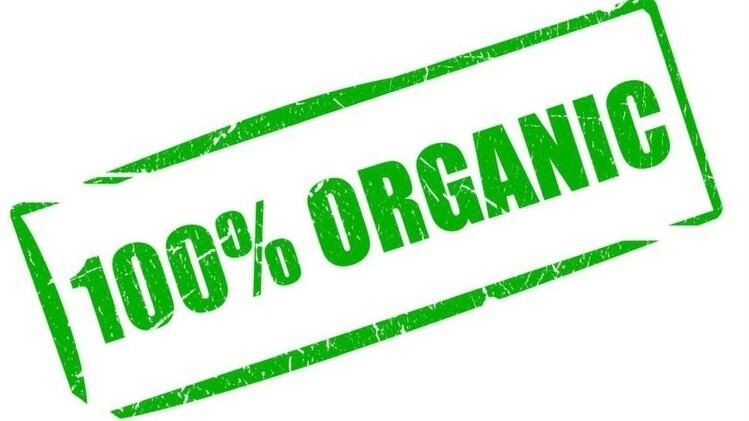The new legislation was put forth via Prakas 163 (A prakas contains rules issued by a Minister or the Governor of the National Bank of Cambodia) from the Cambodian Ministry of Agriculture, Forestry and Fisheries (MAFF).
“[The new regulations] will adjust the implementation of Cambodian organic agricultural rules to ensure that all food products are of good quality and safe for human consumption and animal feed,” said the MAFF via the prakas document.
“This prakas covers the [new Cambodian] scope of organic agricultural practices in the production and processing of initial food crops and commercial organic agricultural products, including fruits, vegetables and other food crops.”
By raising the quality of organic food in Cambodia, and thus consumer confidence in it, the ministry hopes to provide a boost for local agricultural produce, especially fruits and vegetables, as well as to give these a ‘competitive edge’ to compete both locally and internationally.
Agriculture accounts for some 22% of the country’s GDP, and major exports include rice, cassava, maize, pepper and fresh mango.
“At the same time, [the policy] also encourages the participation of farmers, agricultural communities and the private sector in promoting the organic agricultural practices. This will contribute to environmental protection, health care, safety and citizen welfare,” said MAFF.
A new organic logo will also be launched under these regulations, and it will be necessary for organic produce to carry this to ascertain that its organic status is certified.
“The General Directorate of Agriculture will be in charge of implementing the technical mechanisms and managing all implementation in preliminary food production and processing, [as well as] the use of the national logo on the products issued under Cambodia’s Organic Agriculture Rules,” added MAFF.
According to the World Bank, organic farming is also a major means by which poor communities in Cambodia are living better, especially via special agriculture co-operatives designed to push for this.
The organic products that are grown within these co-operatives vary from cassava to sesame and peanuts. Organic cassava is a particularly lucrative crop here, providing earnings of around US$3,000 per year for farmers – an amount that goes a long way in Cambodia.
Local consumption
The move to push for organic may also be due to the country facing challenges in providing sufficient amounts or agricultural produce to cater to local demand.
According to Phnom Penh Post, MAFF spokesman Srey Vuthy had previously stated that Cambodia is still short by some 32% in terms of vegetable production if it wants to meet local demand this year, and this was expected to be met by importing from Vietnam and Thailand.
By getting more organic produce out, it is likely hoped that this will appeal more to the younger generation of Cambodians, which is known to see eating organic as a trendy action.





